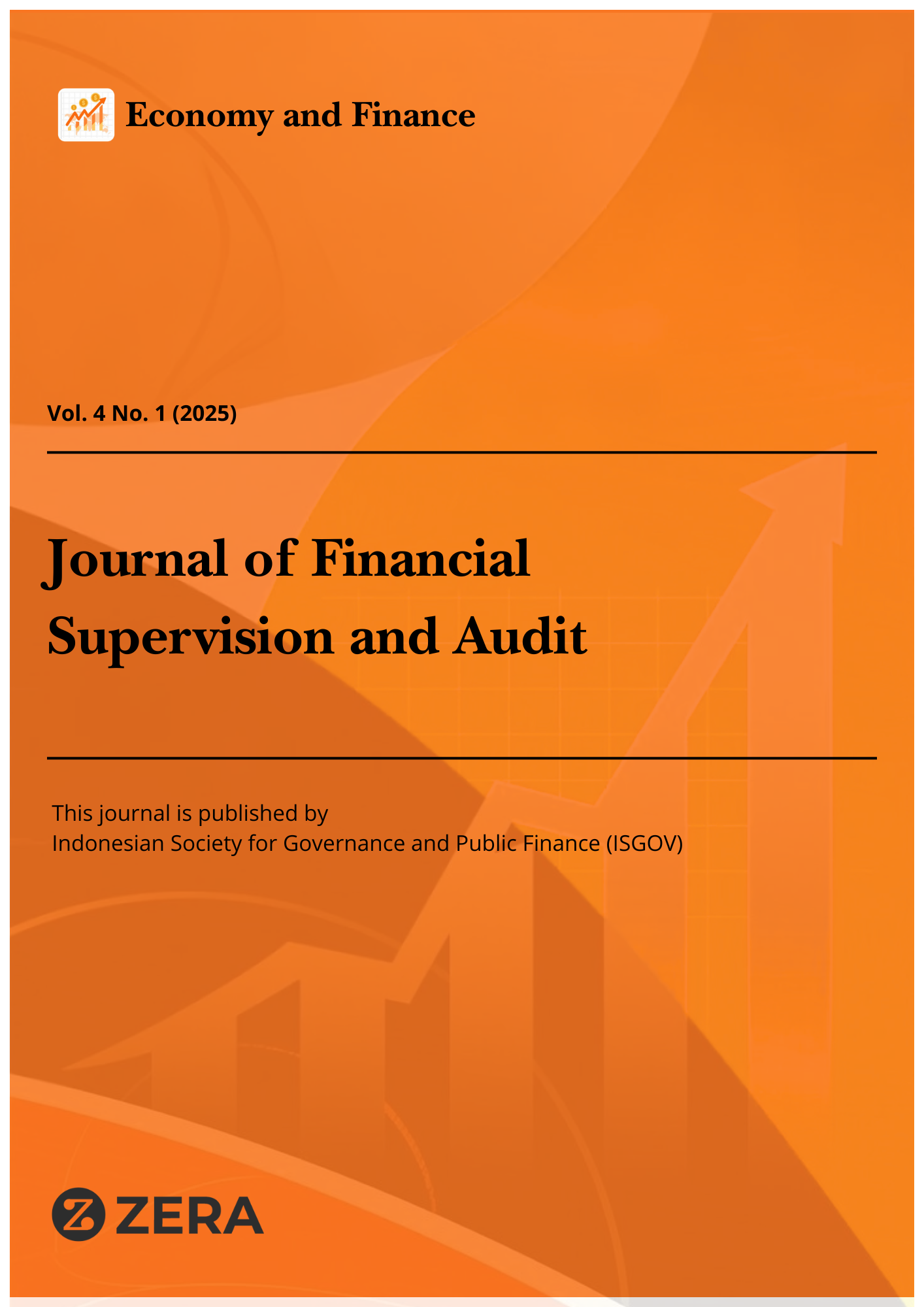Keywords:
Energy Efficiency, Energy Subsidies, Industrial Productivity, Market Distortions, SustainabilityAbstract
Energy subsidies are a pivotal policy tool aimed at bolstering industrial competitiveness and economic growth by stabilizing energy costs for industries. In Indonesia, these subsidies significantly influence the industrial sector, a key driver of GDP and economic transformation. This study evaluates the effectiveness of energy subsidies in enhancing industrial productivity and energy efficiency, exploring their dual impact. While subsidies reduce production costs, foster investment, and support strategic sectors like manufacturing and mining, they may also lead to inefficiencies, market distortions, and dependency, hindering innovation and sustainable practices. Through a qualitative literature review, this research synthesizes findings from scholarly sources to assess how subsidies affect industrial output and efficiency metrics, such as Total Factor Productivity (TFP). The analysis highlights that poorly targeted subsidies can impede technological advancements and exacerbate fiscal burdens, while well-designed policies promote renewable energy adoption and long-term competitiveness. This study offers evidence-based recommendations for reforming energy subsidy policies to align with sustainable industrial development and national economic goals, contributing to the discourse on optimizing fiscal interventions for industrial growth in Indonesia.


